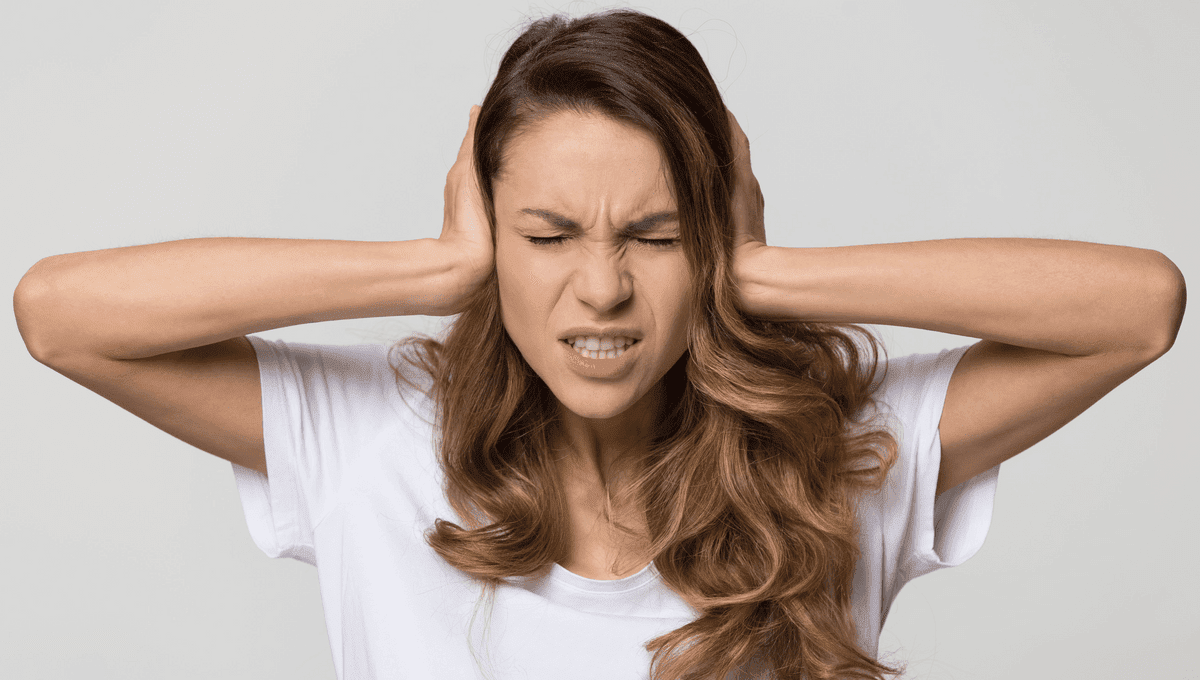
Crunch. Chew. Slurp. Are you getting goosebumps? Feeling stressed or angry? Fighting the urge to close this article altogether? You may be experiencing misophonia – a condition where certain sounds provoke an extreme negative reaction. Misophonia is little-known, but it’s more prevalent than you may think: according to a study published today, nearly one in five people may have the condition.
“It is important that our study revealed that one in five people in the UK experiences significant misophonic reactions, but only a small fraction was aware of the term,” said Silia Vitoratou, a lecturer in psychometrics and measurements at the department of biostatistics from King’s College London and lead author of the new paper, in a statement.
“This means that most people with misophonia do not have a name to describe what they are experiencing,” he explained.
That may go some way to explaining why this new result is skewed towards the high end of previous estimates, which have ranged from five to 20 percent. Those earlier studies have come from specific populations, however – groups of medical students, for example (who, let’s face it, aren’t exactly normal).
This new study, on the other hand, aimed to survey as typical an example of the UK population as possible. They appear to have done a reasonable job: of the 768 people surveyed, 51 percent identified as women, 48 percent as men, and four percent identified as non-binary/other – pretty bang-on for UK demographics as a whole. The mean age of the sample was 46.4 – just a smidge over the true UK average of 40.7 – and around one in seven were aware of the term “misophonia”.
However, it appears simply knowing the name of the condition isn’t enough to understand it. Just one in 40 respondents identified themselves as experiencing misophonia. Yet, when asked by the researchers about their emotional response to common “trigger sounds” – including the intensity of their reactions and how those sounds affect their lives, the way they see themselves, and their personal and professional relationships – the proportion of those with significant symptoms of the condition was higher by a factor of almost eight.
While the team notes that the results may not be generalizable outside of the UK, they hope their research will bring more recognition to the condition – and provide much-needed relief to those who experience misophonia in their day-to-day lives.
“Our survey captured the complexity of the condition,” commented Jane Gregory, a Doctoral Research Fellow from the University of Oxford’s Department of Experimental Psychology.
“Misophonia is more than just being annoyed by certain sounds, it’s about feeling trapped or helpless when you can’t get away from these sounds and missing out on things because of this,” she explained. “It’s about feeling like there’s something wrong with you for the way you react to sounds, but also not being able to do anything about it. It can be such a relief to find out that you are not alone, that other people react this way to sounds too. To find out that there is a word for what you are experiencing.”
The study is published in the journal PLOS ONE.
Source Link: Misophonia, The Hatred Of Specific Noises, Is Way More Common Than We Thought